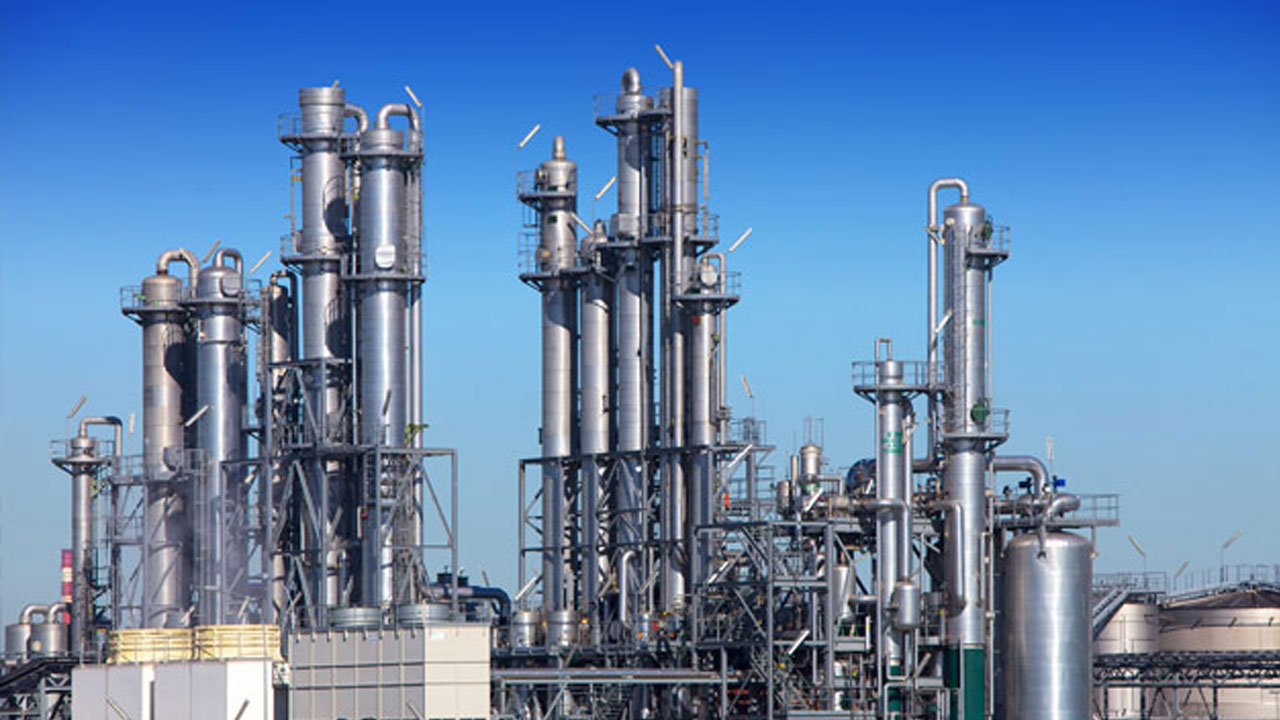- $6bn Needed to Fix Refineries
About $6bn worth of investment is needed to adequately rehabilitate and revamp the country’s refineries, the Nigerian National Petroleum Corporation has said.
The Group Managing Director, NNPC, Dr. Maikanti Baru, disclosed this as he unveiled the investment opportunities in the Nigerian oil and gas sector to international investors at the ongoing Offshore Technology Conference taking place in Houston, Texas, United States.
Baru, who was represented by the corporation’s Chief Operating Officer, Gas and Power, Mr. Saidu Mohammed, said the plan of the national oil firm was to upgrade the combined capacity of the refineries to 700,000 barrels per day.
The refineries located in Port Harcourt, Warri and Kaduna have a combined nameplate crude oil refining capacity of 445,000bpd, but currently refine far below that.
Baru was quoted in a statement issued on Wednesday by the spokesperson for the NNPC, Ndu Ughamadu, as saying, “For the refineries, our plan is to rehabilitate and revamp our existing four refineries.
“On successful rehabilitation and revamp, our plan is to upgrade their combined nameplate capacity from 445,000bpd to 700,000bpd within the next few years. We will require investments of between $5bn and $6bn.”
Explaining that the NNPC was mindful of the need to construct new refineries, Baru said the big picture was to transit from a net crude oil exporter to a net petroleum product exporter as more value and opportunities abound in the latter.
The GMD noted that the corporation’s presence at the OTC was not only to look out for potential investors, but to search for partners who would deploy their cutting-edge technologies to enable the corporation achieve its goals.
He said the opportunities in Nigeria’s oil sector could be divided into five distinct areas across the value chain, adding that these were upstream oil and gas development, gas infrastructure and power plants, refineries, downstream as well as ventures and new businesses.
He said within the upstream segment, the NNPC planned to increase its oil reserve base to 40 billion barrels by 2020, adding that based on its upstream growth plan, the corporation would raise about $13bn and $16.5bn over the next five years.
Under the gas infrastructure and power plants, he said there were investment opportunities to the tune of between $9bn and $11bn in the oil and gas sector.
The NNPC boss noted that in the downstream segment, there were opportunities in the construction of new crude and product pipelines, pumping station upgrade, revamp of LPG plants, and construction of new LPG storage tanks, filling stations and equipment supply.
“The provision of coastal vessels and tugboats and other ancillary support services are equally areas that will yield high returns on investment. We will require investments of about $3bn in this area,” Baru added.
In the ventures and new business segment, the GMD stated that opportunities existed for the establishment of pipe mills, equipment leasing (rigs, Floating Production Storage and Offloading vessels) and operations and maintenance services.
According to Baru, oil and gas resources will still be relevant in the global energy mix for a very long time to come as inferred from the global demand and supply forecasts.
“The Nigerian petroleum industry remains by far the largest and most vibrant in sub-Saharan Africa, with lots of potential, especially in the deep water and untapped gas resources and refining. We invite you all to come and participate in this process,” the NNPC GMD added.


 Naira3 weeks ago
Naira3 weeks ago
 News4 weeks ago
News4 weeks ago
 Naira4 weeks ago
Naira4 weeks ago
 Naira3 weeks ago
Naira3 weeks ago
 Jobs3 weeks ago
Jobs3 weeks ago
 Travel3 weeks ago
Travel3 weeks ago
 Naira3 weeks ago
Naira3 weeks ago
 Investment4 weeks ago
Investment4 weeks ago





























